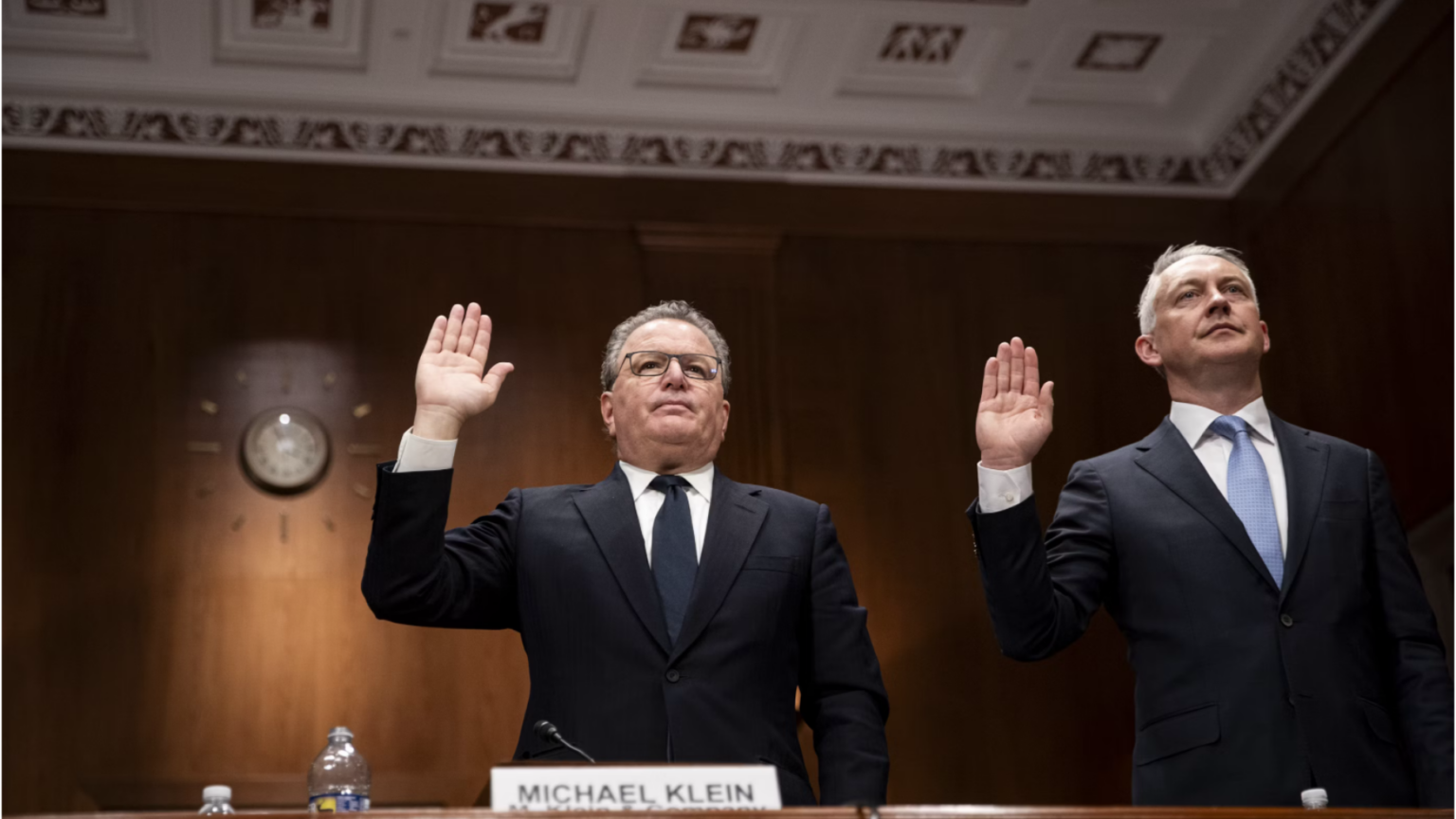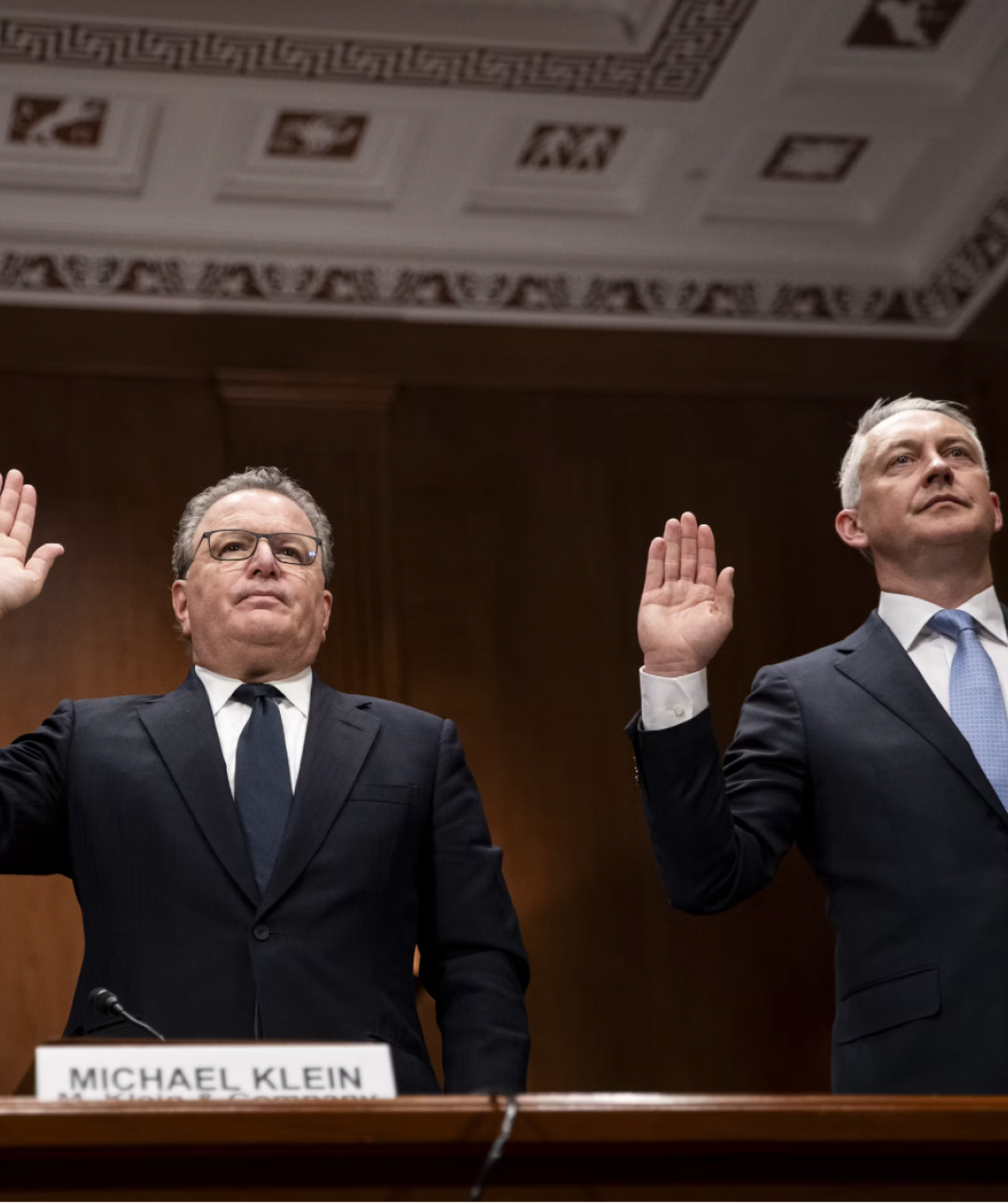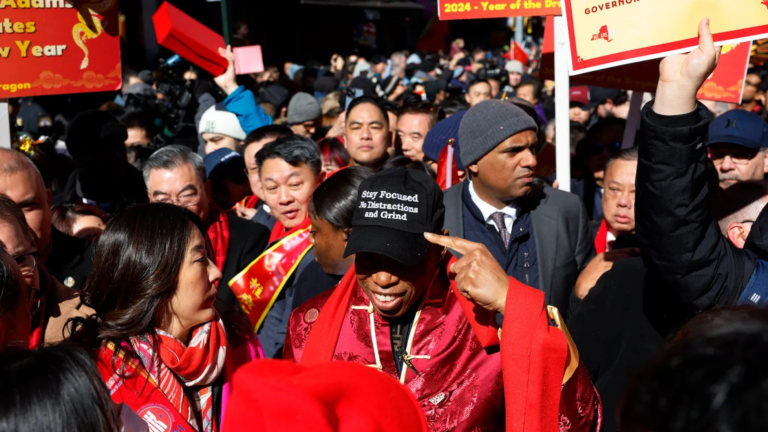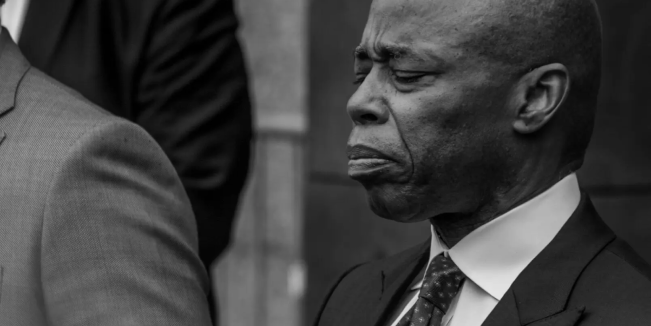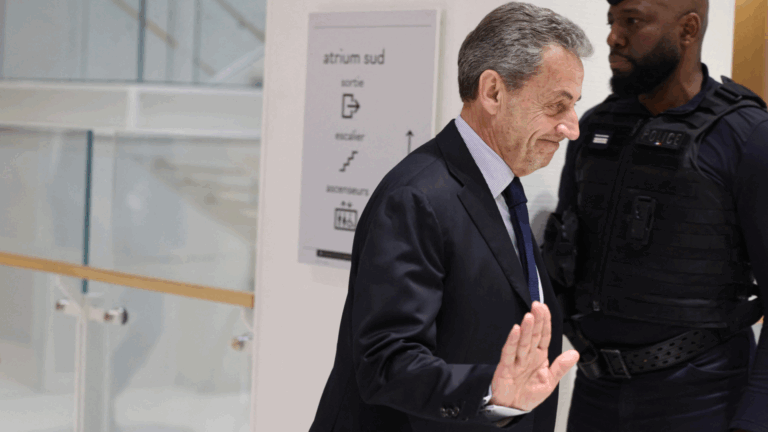For years, America’s most prominent consulting firms have been competing against one another to service the most heinous regimes on the planet, offering their efforts and advice for tyrants and kleptocrats looking to expand their reach and their repression. Even as investigators and officials have targeted other, similarly nefarious elements of America’s foreign lobbying industry, these major consultancy organizations have largely avoided scrutiny.
That all changed last week, when congressional officials held a hearing examining these consulting groups specifically, which offered fresh revelations about how dictatorships suddenly have a new tool to keep American officials, and the rest of us, in the dark about what these consulting groups are actually doing.
The hearing, hosted by the Senate Permanent Subcommittee on Investigations, focused on how groups like McKinsey, Boston Consulting Group, and Teneo were working for Saudi Arabia’s sovereign wealth fund, better known as the Public Investment Fund, or PIF. Worth nearly $800 billion, the PIF has overseen Saudi Arabia’s recent spending splurge on everything from sports to tech to telecoms. Much of it has been predicated not only on the Saudi regime diversifying its oil-rich economy but also on laundering the dictatorship’s image, battered as it is by things like the assassination of journalists and the jailing of women’s rights protesters. And much of that effort has, by all appearances, come with the help of American consulting groups, which have helped to steer Saudi efforts to whitewash the country’s reputation.
There’s only one problem. As senators discovered while grilling the witnesses, these consultants claimed they couldn’t reveal what, precisely, they’re actually doing on behalf of the Saudi regime, or even how much money they’re making in the process. Mind you, they all claimed to want to reveal what they were doing and that they wanted to comply with senators’ subpoenas for information—but they couldn’t do so because of a particular occupational hazard: threats from the Saudi regime itself.
Led by Democratic senator and PSI chair Senator Richard Blumenthal, the hearing centered on the consulting groups’ lack of compliance with the committee’s previous requests for documents about their work in Saudi Arabia. Over and again, the consultants claimed that, unfortunately, their Saudi work had to be kept secret, even from American legislators, because revealing it would contravene Saudi law.


